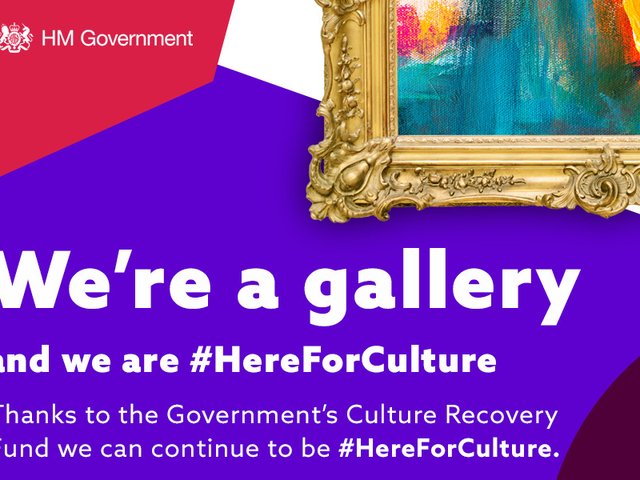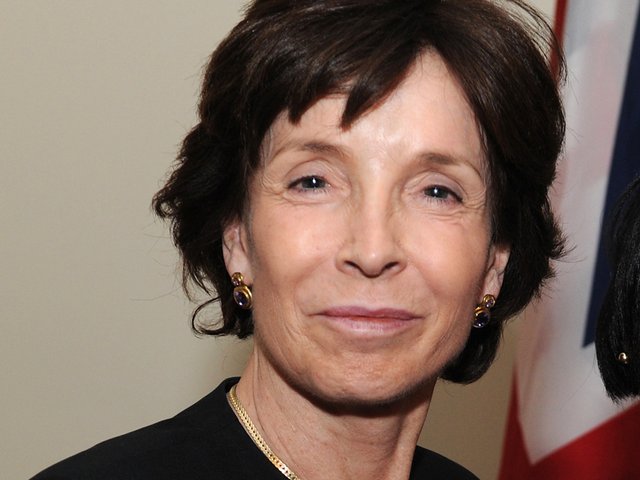Arts Council England (ACE) has updated its Relationship Framework policies after a backlash from arts professionals over guidelines published in January. The guidelines stated that “overtly political or activist” statements might create "reputational risk" and possibly threaten funding arrangements.
In revised guidance published by ACE on 28 February, the arm’s length public funding body said that “freedom of artistic expression is a foundational principle in this country, and one that we are committed to champion and defend”.
The recent rewrite says: “This framework is intended to support artistic freedom, by helping organisations identify, plan for, and respond to risks; avoid self-censorship; and tackle difficult subjects with clarity and confidence. The Arts Council will not remove or refuse funding to an organisation or an individual purely because they make work that is political.”
The furore over the ACE’s initial Relationship Frameworks policy update in January sparked a wave of criticism from culture sector figures who warned that ACE’s conditions would curtail artistic freedom. The January memo came after a number of ACE-funded organisations were criticised for issues related to the Israel-Hamas War (in November, the Arnolfini Gallery in Bristol apologised for cancelling two events during the city’s Palestine Film Festival).
The initial guidelines stated that reputational risk to ACE could be caused by going beyond a company’s "core purpose" and "partnerships with organisations that might be perceived as being in conflict with the purposes of public funding of culture”. They added that reputational risk could also be caused not just by an organisation itself, but also “by staff and other individuals associated with the organisation acting in a personal capacity”. ACE subsequently said that the language used in the update was “open to misinterpretation”.
In the most-recently updated document, ACE subsequently adds tips for considering and managing reputational risk. “If a risk is identified, flag it with your senior leadership team and board as soon as possible; make time to consider and discuss the risk, and what it means; speak to other organisations who have faced similar issues,” the new guidelines say.
ACE adds: “Individuals have the right to express their personal views, within the bounds of the law, and organisations should not attempt to constrain those rights. It is, however, good practice for organisations to maintain a clear and up-to-date social media policy that makes explicit the distinction between individuals speaking in a personal capacity, and on behalf of your organisation.”







